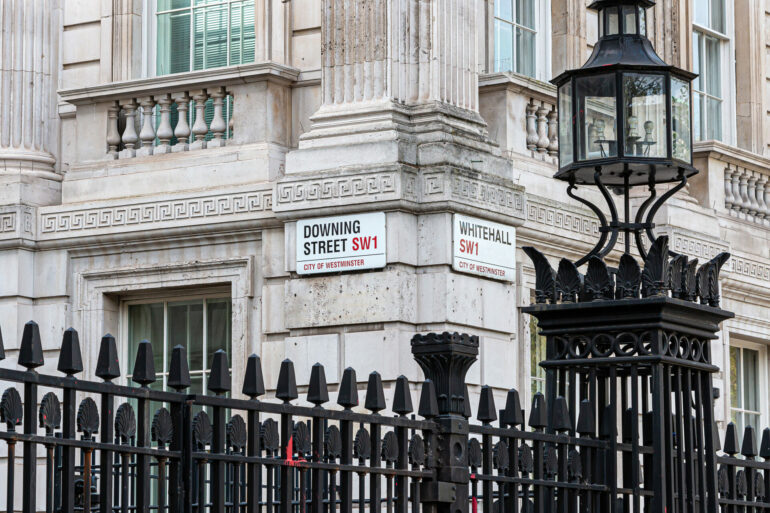Liz Truss will face an enormous in-tray of problems when she takes over from Boris Johnson as Prime Minister later today.
But the biggest headache of all will be how to deliver on her housing promises without making the housing crisis worse – and potentially tanking the economy.
Truss has won the Tory leadership – and hence the keys to Number 10 – by promising Tory voters in the South East of England that they don’t need to fear “Stalinist” “top down” housing targets, which she will bin in favour of Local Councils setting their own housing targets. She’s also pledged to protect the Green Belt (having previously promised to build a million homes on it), while focusing new housing where it is least needed – away from those troublesome NIMBY voters.
The trouble is, the UK still isn’t building enough new homes to keep pace with demand, let alone sufficient to cool off the overheated housing market. We need to build at least 300,000 homes (the current Government policy) every year for the next ten years.
Last year (20/21) we built 219,490 net new homes. This decline was in part due to Covid – the previous ten years had seen increases every year, peaking at 243,770 in 2019/20.
The promises made by the new PM make the problem much worse. Far from liberalizing the planning system, she plans more regulation, and a sclerotic reform that will make it much harder to deliver the new homes the country needs.
Local councils routinely set housing numbers much lower than the actual need for housing, resulting in years of under-delivery and sky rocketing prices, overcrowding and suppressed household formation.
They also ignore the facts on the ground. The biggest fraud of these is the Green Belt. This is not an environmental designation, but a spatial one.
Much of the Green Belt is not special; it is only protected because of the need to restrict the urban sprawl of cities.
The level of protection afforded to the Green Belt is unreasonably high – even a garden shed can be banned in some places, on the grounds of openness. Allowing minor developments in the Green Belt would not irreparably harm the spatial policy purposes of the Green Belt – which has doubled in size since 1979, covering well over a million hectares.
The fastest way to improve the volume of housing delivered is not to tinker at the edges, or to go bananas (build absolutely nothing anywhere near anyone). It is to properly fund local planning authorities, so they can recruit sufficient well qualified staff (and train apprentices) to deliver a proper service. It is no coincidence that the best funded local planning authorities are also the easiest to deal with.
Until Truss grasps that “build build build” is the mantra she should go for, rather than NIMBY promises of preventing England’s “green and pleasant Green Belt” from being developed, we face a worsening housing crisis – and given the impact construction has on the economy, a worse recession than is otherwise likely.
Ben Norton, planning director at Norton Taylor Nunn Ltd, who specialize in gaining planning consent for private sector clients, called on the new PM to appoint a ‘big hitter’ in the Housing Department, and focus relentlessly on delivering new homes in London and the South East.
Norton said: “If Liz Truss wants to dig us out of the forthcoming recession, she needs to focus hard on the economic benefits of building the houses we need. By properly funding local planning departments, she can remove one of the biggest barriers to economic growth – planning delays.”
Frustrated applicants approach firms like Norton Taylor Nunn in order to try to speed up the system, but the lengthy delays at the Planning Inspectorate mean that applicants frequently don’t get a quicker answer by appealing for non-determination.
“It used to be that if the council didn’t answer within the 13 week timescale, that was an anomaly. Now it is much more the norm. As applications have become more complex to address the concerns of councils, they have taken longer to be determined. Something has to give somewhere,” added Norton.
The Planning Inspectorate is currently taking an average of 31 weeks to determine a simple appeal, with more complex hearings taking over 18 months.
“It is vital that the new PM appoints someone who will take immediate action to start clearing the backlog – and that she instructs the Treasury to provide more funds to local councils. We need a big hitter to come in and start hitting!”




